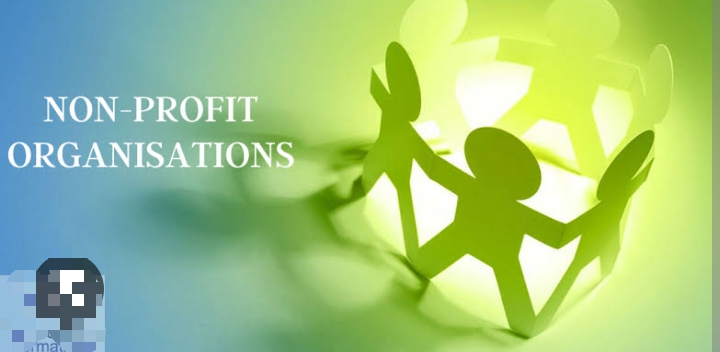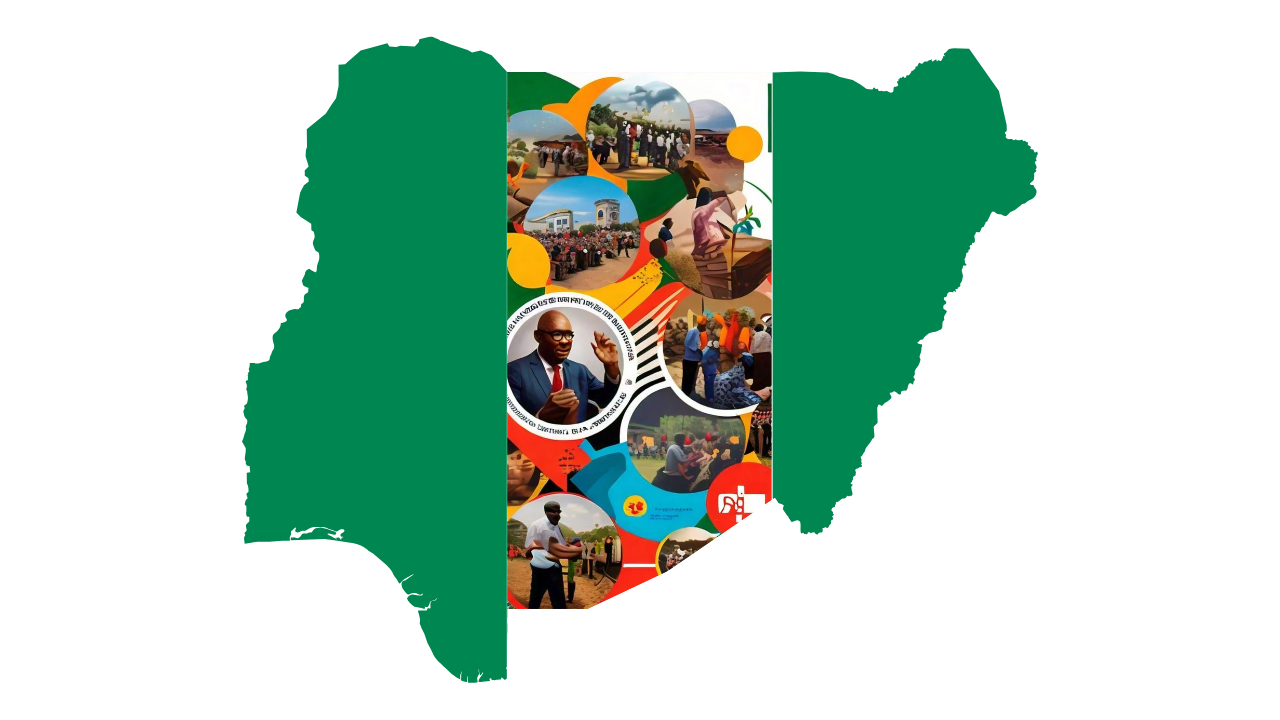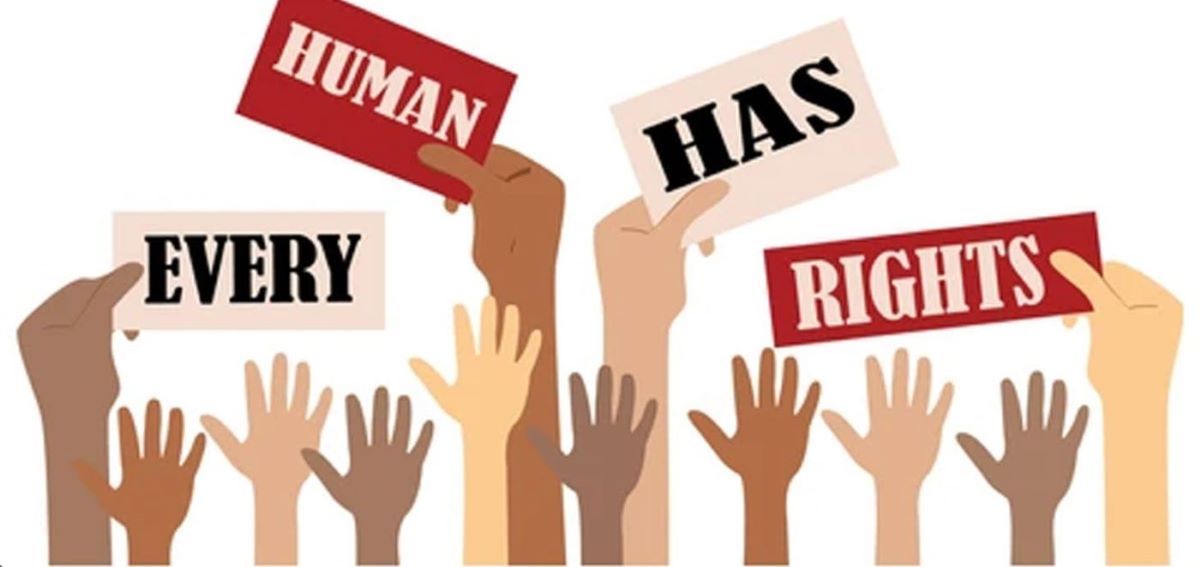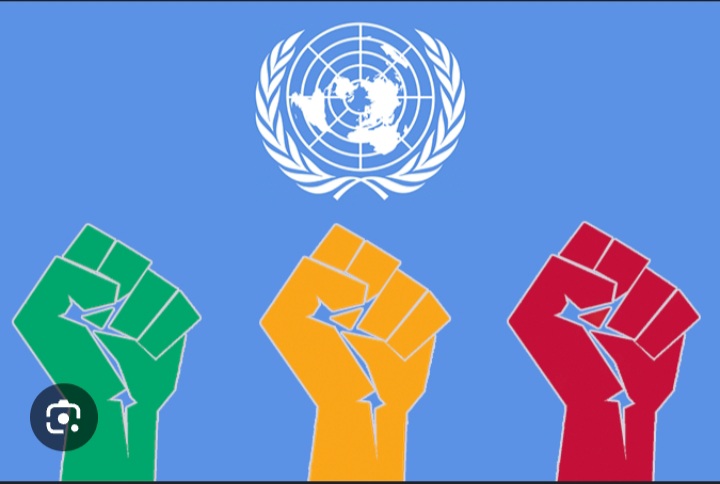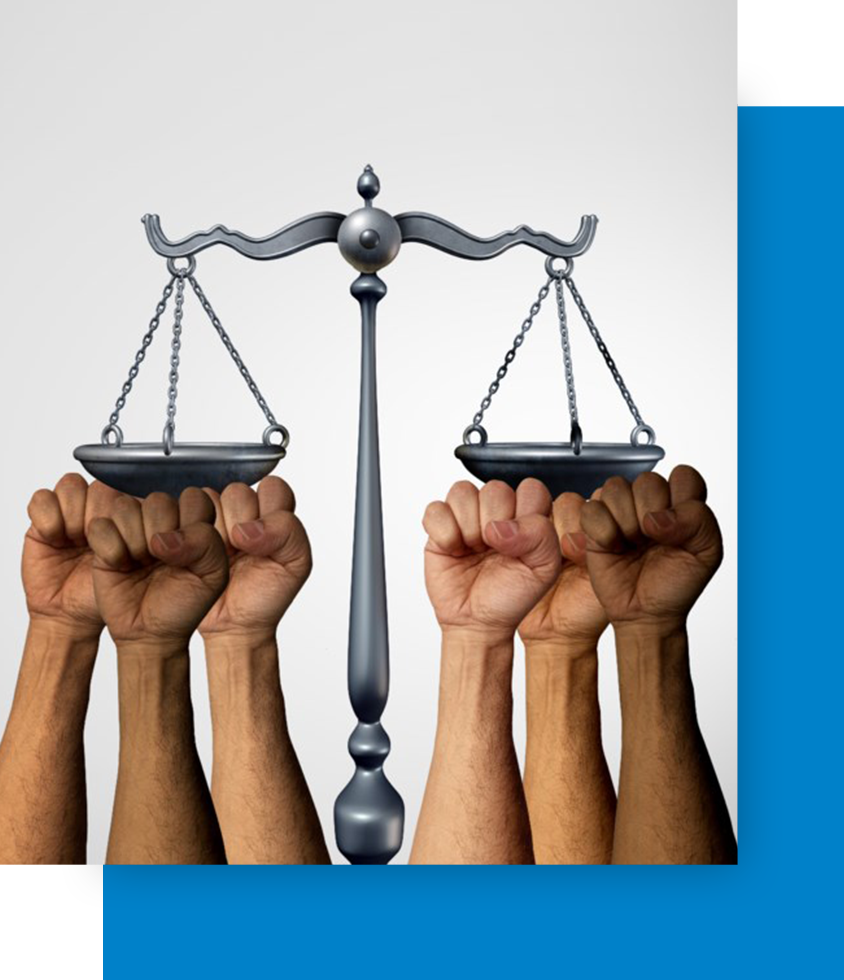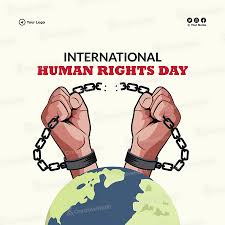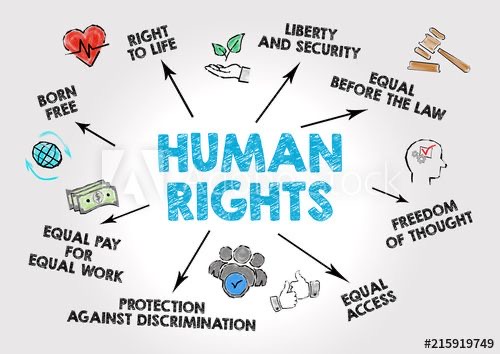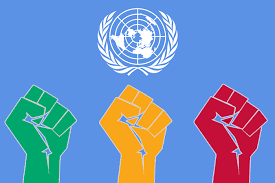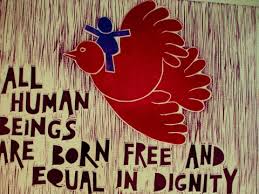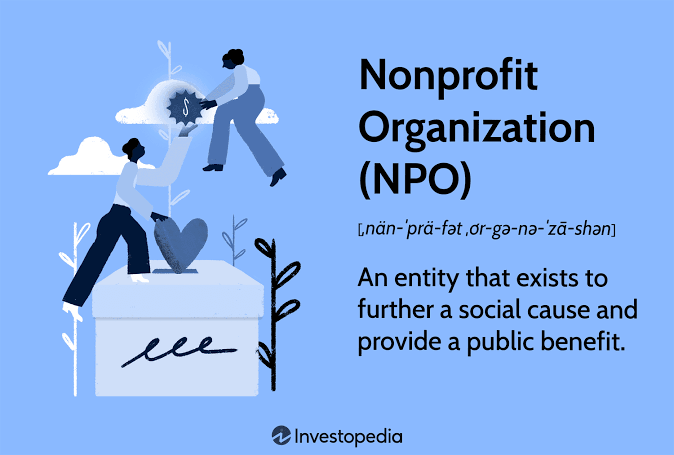
Outline:
- Introduction
- Activities of NPOs in Social and Economic Development
- Case Studies of NPOs in Nigeria
- Challenges of Non-Profit Organisations (NIPOs) in Nigeria
- Conclusion
- Recommendations
- References
Introduction:
Non-profit organizations play an important role in addressing Nigeria’s social and economic challenges. These organizations, guided by the mission of serving the public good, have played a decisive role in providing essential services, promoting community development, and defending human rights.
Definition of Non-Profit Organisations (NPOs)
NPOs are independent, self-governing organizations that operate for the public benefit, rather than to generate profits for shareholders. They are often registered as charities, trusts, or associations, and are exempt from paying taxes on their income.
Importance of NPOs in Social and Economic Development
NPOs contribute significantly to Nigeria’s social and economic development by:
• Filling gaps in public service delivery
• Providing innovative solutions to development challenges
• Empowering marginalized communities
• Promoting social justice and human rights
• Supporting economic growth and job creation
Brief Overview of Nigeria’s Development Challenges
Nigeria faces numerous development challenges, including:
• Poverty and inequality
• Limited access to education and healthcare
• Unemployment and economic instability
• Corruption and governance issues
• Environmental degradation
Activities of NPOs in Social Development:
Non-Profit Organisations (NPOs) in Nigeria engage in various activities to promote social development, including:
1. Education and Training Programs: NPOs provide access to quality education, vocational training, and skills development initiatives, particularly for disadvantaged groups.
2. Healthcare Initiatives: NPOs offer healthcare services, including HIV/AIDS prevention, malaria control, and maternal healthcare, to underserved communities.
3. Community Development Projects: NPOs implement projects focused on community empowerment, infrastructure development, and environmental conservation.
4. Human Rights Advocacy: NPOs promote and protect human rights, particularly for vulnerable populations such as women, children, and persons with disabilities.
5. Social Welfare Services: NPOs provide support services, including counselling, food assistance, and shelter, to marginalized groups.
Examples of NPOs in Nigeria engaged in social development activities include:
• The Nigerian Red Cross Society (healthcare and disaster response)
• The Centre for Children’s Health Education, Orientation and Protection (child rights and education)
• The Women’s Rights Advancement and Protection Alternative (gender equality and human rights)
Activities of NPOs in Economic Development:
Non-Profit Organisations (NPOs) in Nigeria contribute to economic development through various activities, including:
1. Microfinance and Entrepreneurship Support: NPOs provide financial services, training, and mentorship to small-scale entrepreneurs and micro-enterprises.
2. Job Creation and Employment Initiatives: NPOs implement programs aimed at creating jobs, improving employability, and enhancing workforce development.
3. Agricultural Development Programs: NPOs support agricultural productivity, improve market access, and enhance rural livelihoods.
4. Infrastructure Development Projects: NPOs invest in community infrastructure, such as roads, water, and energy, to facilitate economic growth.
5. Economic Empowerment Initiatives: NPOs promote economic empowerment through initiatives like vocational training, business development, and financial inclusion.
Examples of NPOs in Nigeria engaged in economic development activities include:
• The Tony Elumelu Foundation (entrepreneurship and job creation)
• The Nigerian Microfinance Bank (microfinance and financial inclusion)
• The International Fund for Agricultural Development (agricultural development and rural poverty reduction)
• The Nigerian Energy Support Program (energy access and infrastructure development)
Case Studies of NPOs in Nigeria:
Some case studies of Non-Profit Organisations (NPOs) in Nigeria that have made significant impacts in social and economic development:
A. Case Study 1: The Tony Elumelu Foundation:
Mission: Empower young African entrepreneurs to create jobs and drive economic growth
Programs: Entrepreneurship training, mentorship, and funding
Impact: Over 7,000 entrepreneurs supported, creating over 50,000 jobs
B. Case Study 2: The Nigerian Red Cross Society:
Mission: Provide humanitarian services to vulnerable populations
Programs: Disaster response, healthcare, and community development
Impact: Reached over 1 million people in 2020, providing emergency assistance and healthcare services
C. Case Study 3: The Centre for Children’s Health Education, Orientation and Protection:
Mission: Promote children’s rights and provide access to education and healthcare
Programs: Education, healthcare, and child protection initiatives
Impact: Supported over 10,000 children in 2020, improving access to education and healthcare
D. Case Study 4: The Women’s Rights Advancement and Protection Alternative:
Mission: Promote gender equality and protect women’s rights
Programs: Advocacy, training, and support services for women
Impact: Supported over 5,000 women in 2020, promoting gender equality and justice
Challenges of Non-Profit Organisations (NIPOs) in Nigeria:
1. Funding Constraints: Limited access to funding and resources, making it difficult to sustain programs and services.
2. Regulatory Challenges: Complex and restrictive regulatory environment, hindering NPOs’ ability to operate effectively.
3. Limited Capacity and Resources: Inadequate infrastructure, skills, and expertise, limiting NPOs’ impact and efficiency.
4. Corruption and Governance Issues: NPOs face challenges related to corruption, transparency, and accountability, affecting their credibility and trust.
5. Sustainability and Scalability: NPOs struggle to achieve long-term sustainability and scale their programs and services.
Conclusion
Non-profit organizations (NGOs) play a significant role in addressing the socio-economic development challenges in Nigeria. Despite their contributions, NGOs face several challenges that hinder their effectiveness and impact.
Recommendations:
• Increase Funding and Resources: Governments, corporations, and individuals should provide more funding and resources to support NPOs.
• Simplify Regulatory Environment: Regulatory frameworks should be simplified and streamlined to facilitate NPOs’ operations.
• Build Capacity and Expertise: NPOs should invest in building their capacity, skills, and expertise to enhance their impact.
• Promote Transparency and Accountability: NPOs should prioritize transparency, accountability, and good governance to maintain trust and credibility.
• Poster Collaboration and Partnerships: NPOs should collaborate with governments, corporations, and other stakeholders to leverage resources and expertise.
By addressing these challenges and implementing these recommendations, non-profits in Nigeria can maximize their impact and contribute to sustainable development.
References:
The following sources were consulted in the preparation of this article:
Anheier, H. K. (2014). Nonprofit Organizations: Theory, Management, Policy. Routledge.
Centre for Children’s Health Education, Orientation and Protection. (2020). Annual Report.
Federal Republic of Nigeria. (2019). National Development Plan 2019-2023.
International Fund for Agricultural Development. (2020). Annual Report.
Nigerian Energy Support Program. (2020). Annual Report.
Nigerian Red Cross Society. (2020). Annual Report.
Salamon, L. M. (2015). The State of Nonprofit America. Brookings Institution Press.
Tony Elumelu Foundation. (2020). Annual Report.
United Nations Development Programme. (2020). Sustainable Development Goals.
Women’s Rights Advancement and Protection Alternative. (2020). Annual Report.
World Bank. (2020). World Development Indicators.

